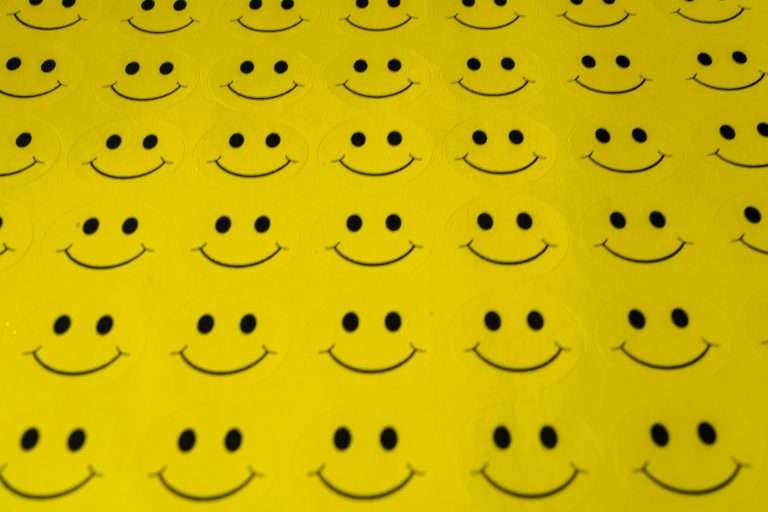Meditation is not a “get woke quick” scheme.
This practice is necessary for everyone trying to understand themselves. We’re often oblivious to the behaviors of our own mind. Lost in the (sometimes manufactured) busyness of everyday life, we’re prisoners to repetitive thought-patterns, quick assumptions and default reactions.
So, if your mental activity influences how you interact with the world, then here is how to harness the power of meditation for a better life, without needing to transform into a monk.
Let’s see how meditation can help in your relationship with others, with yourself and when doing meaningful work.
Mindfulness
Much of our reactions are automated.
We most often resort to the same patterns of thought and behavior in response to the stimuli we receive. How you react in a challenging situation can be the difference between an argument with your spouse or a heartfelt conversation about the problems in your relationship.
Mindfulness can provide the mental clarity for us to observe ourselves and evaluate our reactions. You can’t gain a full understanding of yourself if you’re unable to notice your behavioral patterns in the first place. Every time you feel agitated because the old lady in front of you at the store is taking longer than expected or when the urge to give a snappy comment to a rude remark arises, these are opportunities to pause and reflect. See yourself as a different person and get curious. Treat yourself as your own experiment. Building the awareness to do this is indispensable for living an examined life.
Mindfulness, developed through meditation, will allow you to be more present and recognize the automatic attitudes that have been established over many years. How you respond to grief, bad news, little or major inconveniences. It all shapes “you.”
By cultivating mindfulness, you’ll truly start to know yourself.
How we view thoughts and emotions
Thoughts have a sticky quality to them.
They can follow us around and inform how we view ourselves and the world. Our entire identity can be shaped by how we relate to our thoughts. The same can be said about emotions.
The grip of a compelling thought is unparalleled. The stories we tell ourselves can quickly become our reality. Practicing meditation teaches us to sit and observe our thoughts. Detach ourselves from them. Notice their ephemerality. Emotions possess the same overpowering abilities. Imagine you’re just about to set foot into an interview room. Your heart is racing, your thoughts race even more. How can you quickly regain your composure? If you’ve cultivated a meditation habit, it can help you put your thoughts and emotions into perspective. They won’t be the defining characteristics of your identity, but a mere representation of your internal state.
Improved focus
Our brains are wired to seek distractions instinctively.
We’re not comfortable focusing our mind on a single task for prolonged periods of time. The consequences of this reflect in our work life, or any creative endeavor.
When we’re engaged in a meaningful activity, the discomfort of having to concentrate our efforts on a specific task puts our minds in defense mode. This is why we turn to activities such as mindless scrolling and browsing. These habitual patterns help us escape from the unpleasant feelings of the present moment. Meditation can shine a light on how our mind operates, so we can recognize when we want to turn away from a challenging job. With practice, you’ll learn to bring your mind back to the present moment, and see distractions for what they are: our mind’s coping mechanism.
Distractions are natural and they’ll always try to captivate our mind. Our job is to train in recognizing and accepting them, without needing to resort to them. Meditation is the tool to help us achieve that.
We can’t escape having a distracted mind, but we can learn to tame it.



